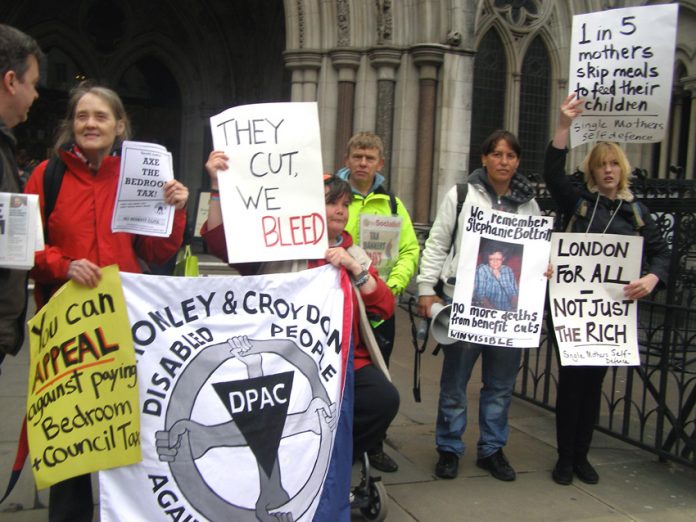
FOOD poverty in the UK has now become a ‘public health emergency’, a group of health experts said yesterday.
In a letter to the British Medical Journal, six leading public health figures warned poor nutrition could lead to a host of problems.
Citing research from the Institute for Fiscal Studies that indicates the amount of money being spent on food by households has fallen by over 8% in real terms over the past five years, the letter warned that families with young children have been hit the hardest and that much of the savings have been made by people buying cheaper, processed food.
The BMJ letter, signed by academics and public health directors, said this had ‘all the signs of a public health emergency’.
It warned malnutrition, particularly during childhood, could have lifelong effects including increasing the risk of cardiovascular disease and other chronic illnesses.
David Taylor-Robinson, a population health scientist at the Medical Research Council and one of the authors of the letter, added: ‘It is clear people are increasingly struggling with their food bills. We need to start monitoring this and treating it as a public health problem.’
Chris Mould, the executive chairman of the Trussell Trust, said he wanted the government to set up an official inquiry because ‘these alarming developments point towards serious trouble for the nation in the years ahead unless urgent action is taken now’.
Unite yesterday called for a parliamentary debate into UK hunger, as foodbanks brace themselves to feed 60,000 people this Christmas.
In backing calls for an urgent parliamentary debate on the threefold growth in foodbank use over the past year, the union accused the government of ‘turbocharging inequality in Britain’, by concentrating on the interests of bankers, over people forced to use foodbanks.
Unite general secretary Len McCluskey said: ‘This government is turbocharging inequality in Britain. It is a disgrace that in the world’s seventh richest country, foodbanks will have to feed 60,000 people this Christmas and fed over 345,000 people, between April and September this year.
‘Cabinet ministers have been turning their back on our cost-of-living crisis. While hundreds of thousands of families go without food, they have been cozying up to bankers, who are set for another year of bumper bonuses.’